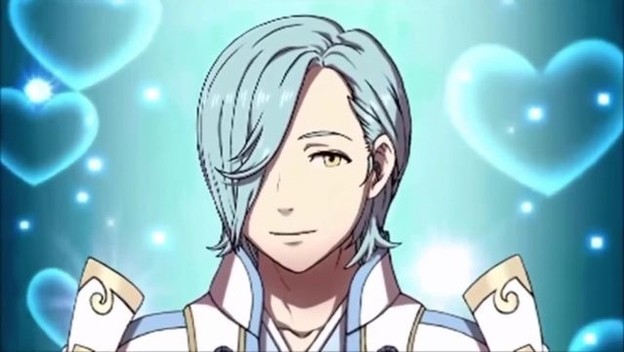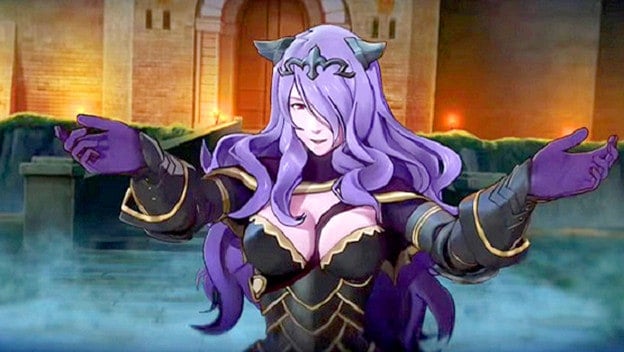There sure has been a lot of internet buzz over Fire Emblem Fates . Some folks are so worked up about a couple minor edits to the game for Western release that they’ve called for a widespread boycott of the title. There was one character whose romance scene with the player’s avatar gave off the wrong impression over here, and was edited. In addition, a mini-game that asked players to rub the faces of their companions with their stylus in order to build relationships was removed. Having talked to some folks who played the import version, I suspect the mini-game was removed because it turned out to be a boring waste of time rather than for reasons of prudishness, but not everybody agrees. One particularly vocal group believes it’s censorship, with some members even declaring that Nintendo’s actions in making these edits would ruin the franchise’s sales in North America.
That didn’t happen. Nintendo just put out a press release stating that Fire Emblem Fates sold over 300,000 copies in the United States in its first three days. That only counts the initial purchase of one version of the game ( Fire Emblem Fates: Birthright or Conquest ), not the reduced-price online purchase of the second version that you can get later, so these numbers aren’t inflated. It’s a huge increase in launch sales over any previous Fire Emblem game, vaulting Fates up into the mainstream sales realm.
So why is Fire Emblem Fates selling so well when its detractors were certain that Nintendo’s alterations would alienate the fanbase? First of all, Fates is coming on the heels of the slow-burning hit Fire Emblem Awakening , a game popular enough to bring the struggling series back from near-death. People loved Awakening ‘s selectable difficulty levels, shorter battles than previous Fire Emblem s, and of course the ability to romantically pair up their combatants and produce crazy overpowered soldier children. The game was appreciated by everybody from hard-core tactics fans to “ship”-crazy fan artists. Fates hasn’t messed with that winning formula, so it’s been a highly anticipated game that was always going to generate some good sales.
Plenty of people who bought Fire Emblem Fates have probably never even heard about the controversy around its edits, purchasing it solely based on their enjoyment of Awakening . The internet can be a bit of an echo chamber, and those of us who follow games media tend to assume that everybody knows about the current hot topics. That’s just not true. I bet that if Nintendo did a survey of the people who bought Fates , most of them would have no idea that there were any edits at all, much less about the controversy surrounding them or the boycott call.

What about people who did hear about the Fates controversy, then? Why didn’t more of them heed the call to boycott? Well, it appears that the silent majority didn’t think the issues involved were a particularly big deal. They might have liked the changes. They might have agreed with me that the changes weren’t really censorship. Maybe they just wanted to play some Fire Emblem . The controversy might even have spurred more sales, as it reminded some people that the game was coming out, while others gained a sudden interest in picking up the title to see what all the buzz was about.
That’s the problem with controversies and threatened boycotts. No matter which side of the political spectrum you’re on, raising a big fuss about something controversial in a game tends to spur more sales. It doesn’t matter if you call for a boycott – “no publicity is bad publicity” is a truism for a reason. That’s why I recommend that if you’re interested in actually making a change in the way the game industry operates, it’s best to stick to thoughtful critique instead of angry rhetoric and attempts to create controversy that might, dare I say it, be a teensy bit overblown.
I also recommend Fire Emblem Fates . It’s really fun, y’all.
